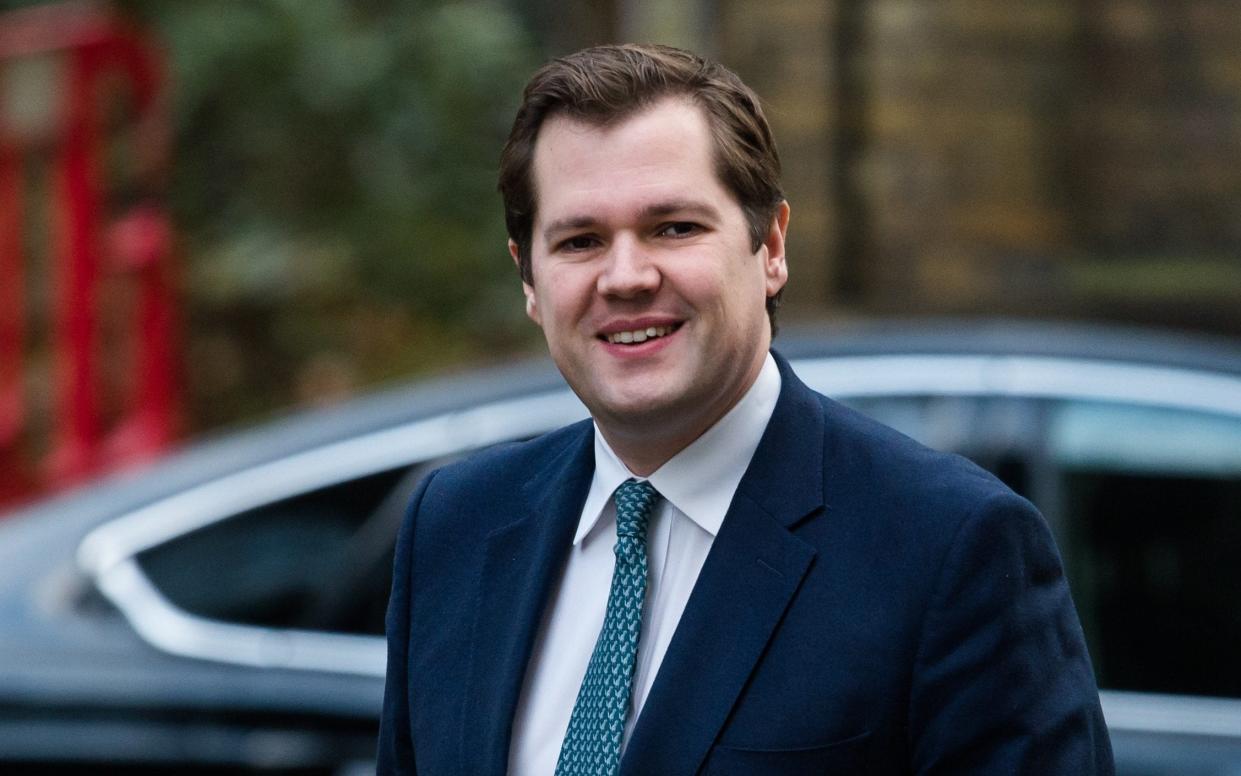Test, track and trace programme will give millions more freedom, says minister

The Government's "test, track and trace" programme to monitor the spread of coronavirus in the UK will give people more freedom and allow the public to get back to a "normal degree of life", the Housing Secretary has said.
Robert Jenrick said the Government's programme, which will involve teams of contact tracers and an NHS tracking app, will be launched next week.
The programme will allow the Government to impose strict lockdown on people who have the virus or have come into contact with people who have it, while allowing others more freedom.
"The objective of our track, trace and isolate programme is for a sophisticated system to be available from next week that will enable us identify flare-ups in particular places," Mr Jenrick told BBC Radio 4's Today programme.
"They could be quite small - a school, a workplace, a hospital - and take action in that place.
"As a result of that we will be able to provide greater freedom to millions of other people across the country, enabling us to ease the lockdown, ease the return to school, to work and to the daily activities that we all want to get back to"
It is thought that Boris Johnson could use an appearance at the Commons Liaison Committee later today to make an announcement about the progress of the scheme.
So far, the NHS app has been piloted on the Isle of Wight, and seen more than half of the island's residents download it.
The Government has also hired 24,000 contact tracers, who will follow cases of the virus and contact people they think could be infected.
One third of the group of contact tracers are doctors.
Mr Jenrick said the next phase of lockdown, which is supported by test, track and trace, will "rely on people increasingly making their own judgements and using common sense".
"The messages are inevitably becoming more nuanced, moving out of first phase, because the message was a simple one," Mr Jenrick said.
"We are now in phase were we are asking people to use their personal discretion, personal responsibility."
"[The message] will become more complex and rely on people increasingly making their own judgements and using common sense," he added.
Mr Jenrick also defended Dominic Cummings in his alleged breach of lockdown to travel to Durham last month, but called on the public to move on from the incident.
"He has given his explanation to the Prime Minister, who listened and concluded that he'd acted reasonably and legally," he said.
"The Prime Minister then asked him to give that statement on Monday to the public and to answer questions from journalists, he answered them for over an hour and now, I think, is the time for us all to move on.
"That's not to say this isn't an important issue or that people don't care about it, but I think there's a lot more that we need to focus on now."


